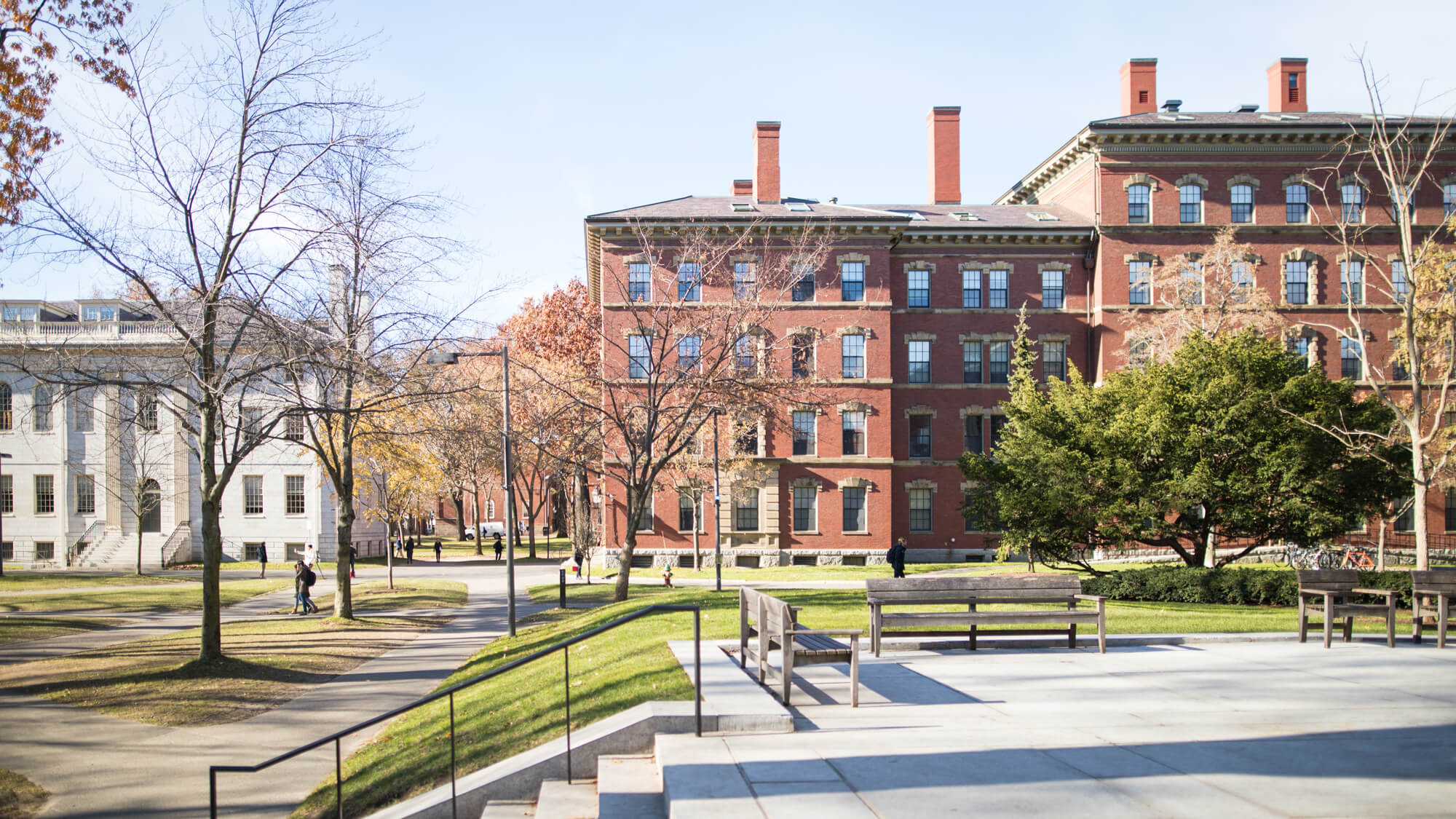Combating “Undermatching” In First-Gen College Admissions
March 30, 2016 :: admisdev
Laura McKenna did a piece on the New Common App in The Atlantic back in October, 2015.
Think what you will about the New Common App itself. To be sure, it is a polarizing issue. For the purposes of this post, we’re gonna zoom into one specific aspect alluded to in McKenna’s article: “undermatching.”
“Undermatching” is a term used by researchers Caroline Hoxby and Christopher Avery, who observed that first-generation students (more often than non first-gen students) end up matriculating at schools ranked lower than their theoretical potential. They cite as the reason “limited guidance they receive from high-school counselors and family members.”
Undermatching Is A (Gross) Business In China
Momentary detour: we’ve observed our fair share of undermatching. And it’s gross. It’s actually a booming business in China, where everyone benefits tremendously except for the students themselves. Educational agents (sometimes referred to as “brokers”) place students in schools they know they will be accepted. There are virtual pipelines that exist between U.S. schools and agents in China. Agents make money from trusting parents and from the schools themselves, eager to recruit international students who have the ability to pay full tuition.
If succeeding at your job is based on placement alone, then this model is flawless. Placement can be damn near 100%. The problem is, these students (who don’t know any better) are being funneled into programs that may not match their potential (if school rank or reputation can be used as a determinant).
It happens in the U.S. too, in a different way. Statistics like placement rates (the percent of students who graduate from a high school and matriculate at a two-year or four-year college), when observed in a vacuum, can lead to what Hoxby and Avery call undermatching.
Stretching A College Applicants’ Potential
Our company was founded on the premise that everyone’s potential is elastic. Our ambition is quite simple: stretch that potential. For some students, it’s a matter of developing the tools to grow, evolve, improve. For others, it’s learning what their potential is in the first place. This is especially true of first-generation students whose parents may not know the admissions game as intimately as those who have navigated it themselves. (By the way, even those who have been through it aren’t necessarily qualified given how profoundly the rules have evolved over the years.)
This is not limited to families without means, by the way. Many parents, regardless of their station in life can steer their children off track simply by holding onto rules that might have been relevant in their home countries but don’t necessarily carry over to the applications game in America. (Check out our blog post on tips for parents of first-gen students.)
Time will tell how much impact, if any, the New Common App will have with respect to some of its professed aspirations of improving access to disadvantaged students. Whatever the result, we applaud that concept in spirit. And to the extent that we (or anyone else) can play a role in revealing and/or stretching the potential of any type of student, we are eager to participate.
Need some help with a college application? That’s what we’re here for!
[Photo courtesy of Flickr]




